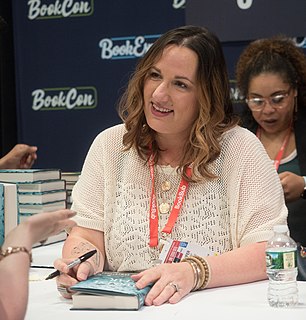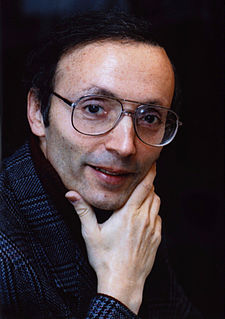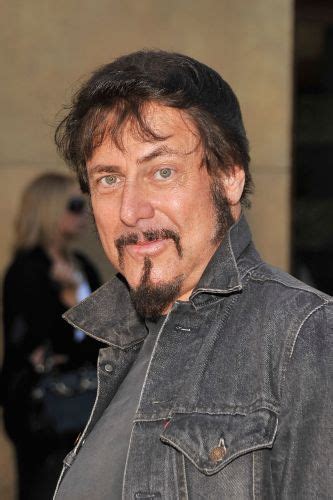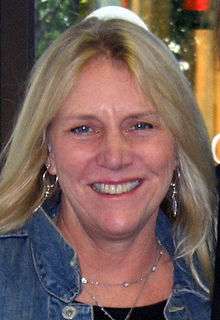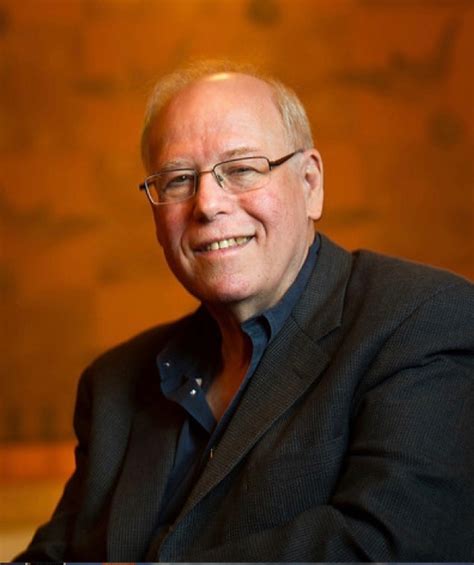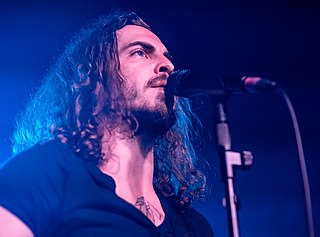A Quote by Michael Connelly
You know what I did after I wrote my first novel? I shut up and wrote twenty-three more.
Related Quotes
I finished my first novel - it was around 300 pages long - when I was 16. Wrote one more before I got out of high school, then wrote the first Lincoln Perry novel when I was 19. It didn't sell, but I liked the character and I knew the world so I tried what was, in my mind, a sequel. Wrote that when I was 20, and that one made it.
My mother had died when I wrote my first book. I was twenty-seven, so it was right at the beginning of my writing life. I don't know if she had lived, if I would have done it, certainly not quite like I did. But, you can't rethink it. You wrote what you wrote, it meant something to other people, and that's your good.
I wrote 'Yellow Submarine' for the Beatles. I wrote the screenplay for 'The Games,' about the Olympic Games. I wrote 'Love Story,' both the novel and the screenplay. I wrote 'RPM' for Stanley Kramer. Plus, I wrote two scholarly books and a 400-page translation from the Latin, and I dated June Wilkinson!
When I wrote my first film and then directed it and I looked at it for the first time on what's called an assembly, you look at this movie which is every scene you wrote, every line of dialogue you wrote and you want to kill yourself the minute you see it. It's like, 'How did I write something so horrible?'
The reality that we were growing up in was very young and vibrant, and nobody was capturing that part of India. I started to backpack after getting out of college. I hiked and did a lot of things nobody was capturing in art at all in India, so I wrote my first novel. It was a very, trippy, experience-filled novel, and it ended up doing very well in India because nobody was writing about that at that point.
I did some writing for that movie. The remake of Planet of the Apes. I didn't write the script. But I wrote some lines that they ended up... not using. ... I wrote one line. I thought it would've been perfect. I don't know if anyone saw the movie. It's the scene where the ape general comes in. And they're trying to decide if they should attack right there, or wait until a little later. And I wrote: "Man these bananas are good!" But they didn't use it. I did all of that research.
When I was in advertising, I did a great deal of work on television commercials. A co-worker and I wrote a screenplay, which led to a few more screenplays, and some were optioned by production companies. I was advised to move to California but didn't want to make the move. I decided to use another form of storytelling, so I wrote a novel.
Well, people have been wondering what's going to happen to the novel for two hundred years; its death has been announced many times. You know, I think the novel keeps redefining the world we live in. What you should look for in a novel is a window nobody else is looking out of, that nobody else can look through. What you look for is a voice. You pick up a novel by someone such as Faulkner or Hemingway and you just read three pages and you know who wrote it. And that's what one should demand of a novelist.




